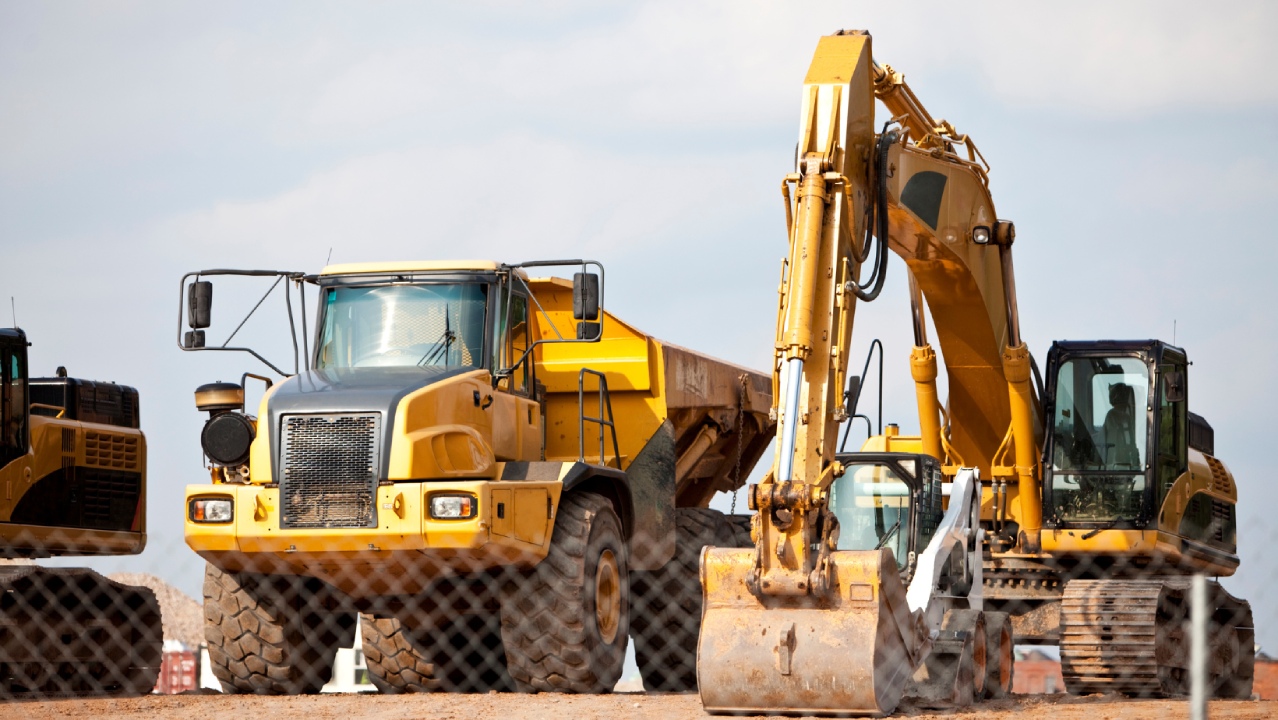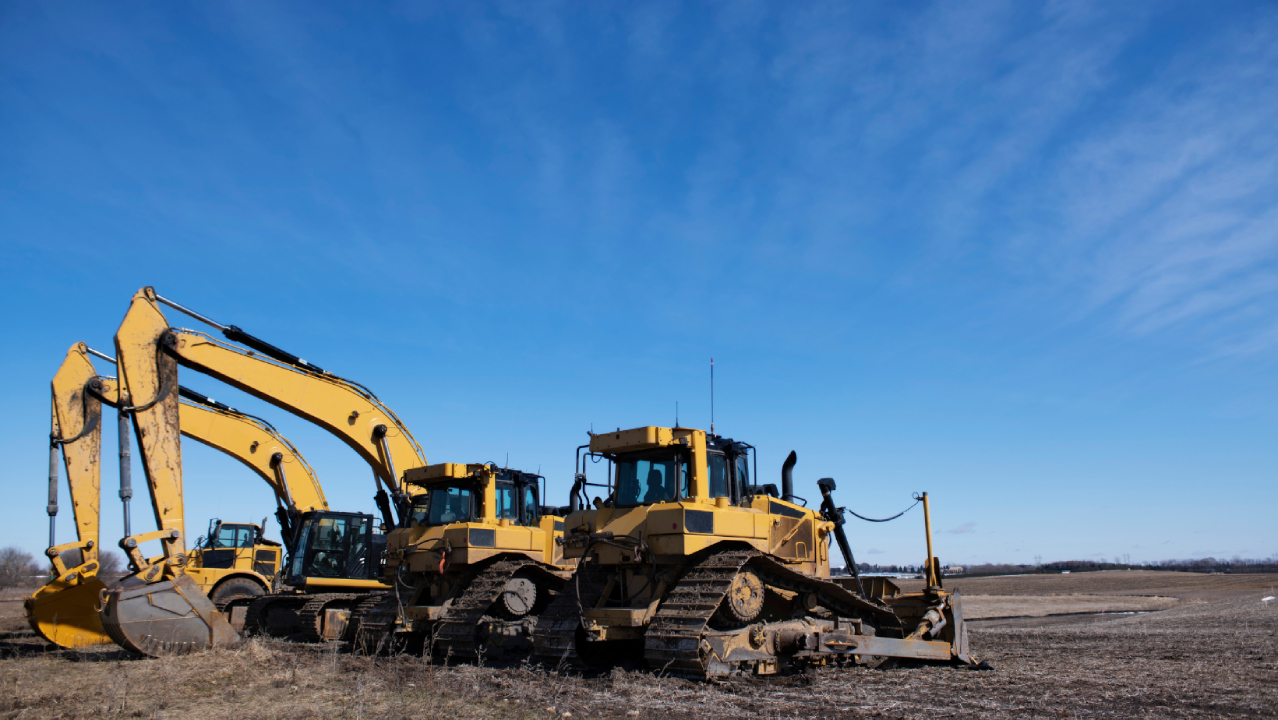I’ve had a few highlights working on school buses over the last 22 years and this is one of them. The Proheat X30 diesel coolant heater manufactured in Vancouver, BC has proven itself all over North America. It’s programmed and engineered to deliver a clean burn and produce enough heat …a whopping 30,000 btu to heat an entire diesel engine cooling system on a 35 foot school bus in an hour or sooner depending on the ambient temperature.
The world of emissions has led us to other means of getting diesel engine temperatures up to maximum as soon as possible to reduce unburned diesel contaminating every nook and cranny of the interior parts of emission controlled diesel engines causing havoc on their reliability and fuel economy. A diesel engine these days has to eat it’s own end product and refine it on it’s way out to meet or exceed EPA exhaust emission levels.
A cold running diesel engine means unburned raw fuel causing soot and ash that plugs up the diesel particulate filter and sticks to sensors, EGR parts and everything else in it’s path. By having a diesel engine up to operating temperature before turning the key throughout the year regardless of the ambient temperature means no more cold starts, less wear and tear on the engine, a drastic reduction of NOx (nitrogen oxide) the toxic product of combustion, much better fuel economy and fewer emission issues.
This means no more engine codes that derate the engine horsepower when any signs of exhaust back pressure develop. The reduction in passive and parked regenerations is another reason why having a diesel coolant heater is the answer. When we purchased the last group of buses for 2017 I was involved and pushed for the Proheat X30 units. It was a matter of necessity knowing the advantages they would bring to our fleet.
The Espar and Webasto coolant heaters we were purchasing in the past do not compare to the Proheat. They put out almost half the heat at 17,000 btu and even though they are german engineered they don’t stand up very long before shutting down because of fault codes. The difference is in the fuel mixture process. The proheat uses an oxygen sensor that regulates the air and diesel mixture and it’s clearly evident with the difference in the exhaust quality when they fire up cold.
The Proheat has no evidence of unburned fuel when it fires up compared to the Espar and Webasto units that pump out a substantial amount of white smoke when they start up. So what happens with the Espar for example we have to remove them from the bus and completely disassemble them mainly to clean out the carbon build up in the fuel system and combustion chamber.
Less maintenance means more focus on the main areas of our bus fleet. Not having to worry about a bus sitting at a 180 degrees before the engine is cranked over is saving us money and down time. The extra cost of a diesel coolant heater is well worth it. Just think of it this way…a diesel engine ignites in the combustion chamber by heat of compression. Heat is the operative word and with a warm engine the cranking speed increases and the cylinder temperature is way up compared to using a plug in block heater or an under-rated diesel coolant heater.







